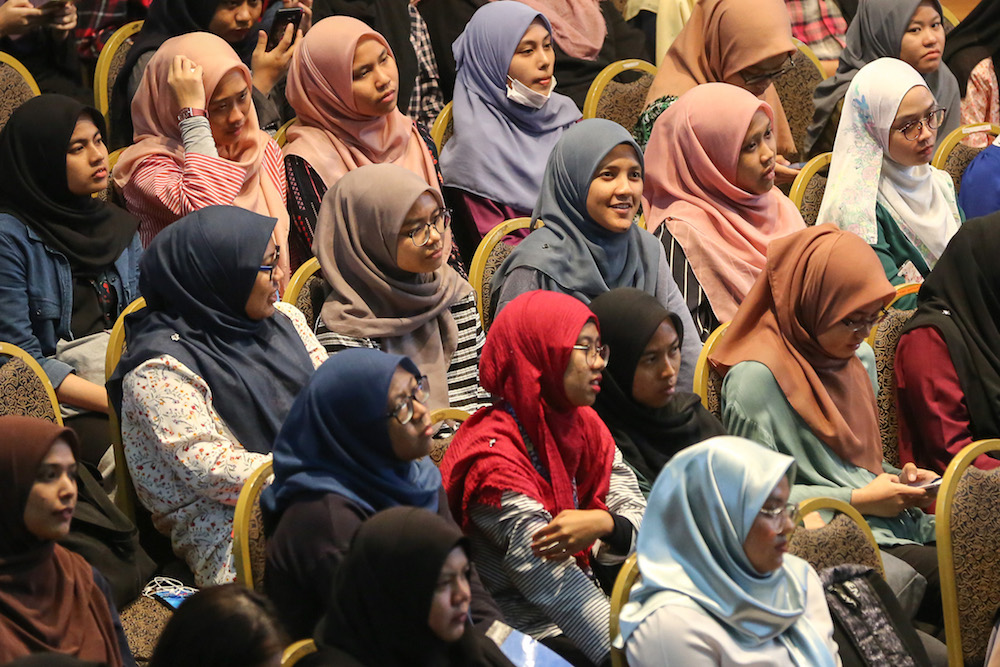KUALA LUMPUR, June 11 — Malaysia’s Shariah court system appears to favour men more than women, a study by the legal aid clinic set up by advocacy group Sisters in Islam (SIS) released today showed.
The Telenisa Book: Statistics & Findings 2019 is the fourth edition of statistics collated from 610 clients comprising 556 women and 54 men that approached the legal aid clinic last year.
Telenisa’s clients were aged 18 to 72 years. The biggest group were those in the 31-40 age bracket, followed by those aged 20-30.
“Based on our clients’ experiences, the discussions are often related to concerns that Muslim women are confronted with discriminative treatments and impediments to their access to justice.
“These discriminative treatments can seriously impair the interests of women, and in turn their children that they support and care for,” SIS said in the booklet.
According to the group, the women who had to attend many court hearings for their cases also had their jobs compromised, which in turn affected their family’s economic security as they were effectively single parents who had difficulty even feeding their children.
A significant number of the court cases faced by Muslim women were those seeking child maintenance payments from the father.
“Women who do not receive the maintenance payments ordered by the courts cannot feed and clothe their children.
“Conversely, there are not enough punitive repercussions on husbands who do not attend court hearings or simply disappear or do not provide maintenance.
“We hope not to only address but to achieve gender fairness and access in the courts and in judicial decisions with the willingness of all parties to uphold and protect women and children’s interests in our Shariah legal system,” SIS said.
It called for more representation for women in the system even as it noted there had been an increase in women Sharie lawyers over the years.
In 2017, the number of women registered with the Shariah Lawyers Association rose to over 200, more than 40 per cent higher than it had five years prior.
However, SIS noted that the number of women judges in Malaysia — including in the civil court — were still low overall, despite the elevation of several to senior judicial positions, including current Chief Justice Tan Sri Tengku Maimun Tuan Mat and Court of Appeal President Datuk Rohana Yusuf.
SIS pointed out that the judiciary is still dominated by men, and called urgently for a gender sensitisation programme.
“Men must also be given the awareness of the impact of discrimination, whether committed directly or indirectly or as a result of the system within which they operate.
“The experiences of women in court support the urgent need for a gender sensitisation awareness programme for all judges across the country,” said SIS.




















